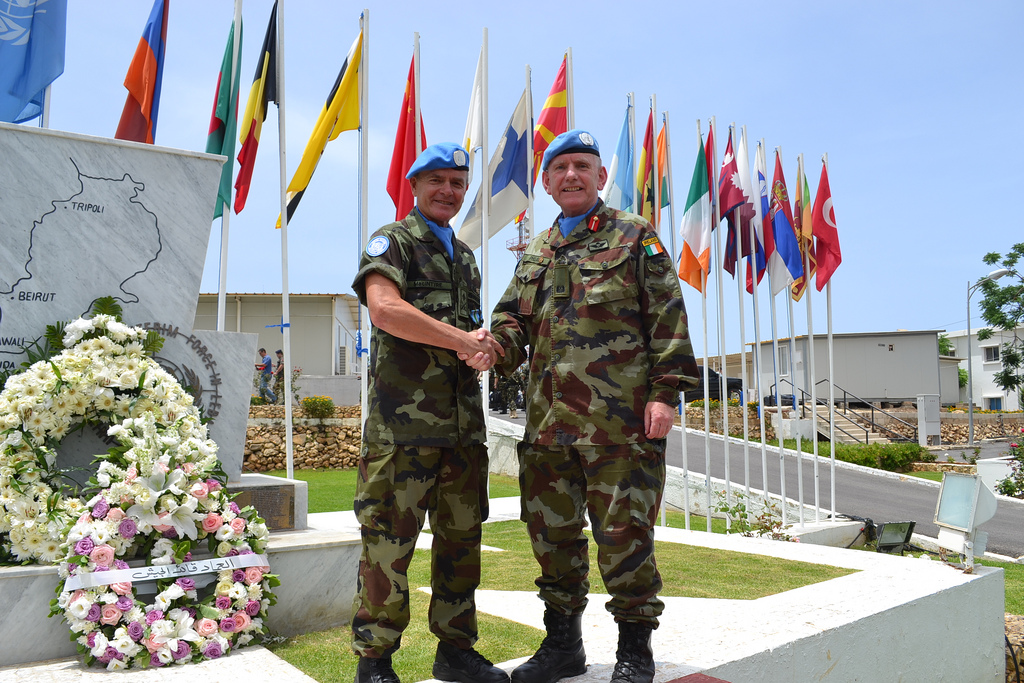International Norms and Humanitarian Interventions: What is going on in Syria?
There are two aspects of the growing momentum for military action in Syria that strike me as particularly interesting: the need to punish the Syrian regime for its violation of an international norm against the use of chemical weapons, and broad based support for intervention as a response to the humanitarian crisis.
The primary justification emerging for military intervention in Syria is the recent (and most likely accurate) accusation that Assad’s regime used chemical weapons in a horrific attack east of Damascus. The case being made by President Obama and others that the international norm prohibiting the use of chemical weapons has to be enforced through military force by punishing the Syrian government is to my knowledge completely unprecedented. It also seems dangerously incoherent.
To begin with, a clear basis or legal framework for the “coalitions of willing” to police the actions of sovereign nations has never been established. Obviously, this has not prevented operations to do so, but ad hoc employment of the strategy does not make a good argument for international policing. Second, it is not apparent how chemical weapons qualifies as an international norm that must be enforced while other humanitarian crimes are ignored. It should be noted that Syria is not even a signatory to the treaty banning the use of chemical weapons. As Joshua Foust points out here: “Punishing Assad for violating a convention he never signed seems like a curious way of enforcing international law.” Third, by what standard does the international community or coalitions of the willing decide the appropriate punishment for violating international norms? Finally, does the international community have any obligations to civilians after it has doled out punishment or does it then just wipe its hands of the whole affair?
Given these serious and unresolved questions, it seems very troubling that the game plan by the U.S. and partners (namely, the UK and France) seems to be improvisational rather than based on an established international policy.
Moving on to the second facet of the expected intervention in Syria’s civil war; even those who find the chemical weapon justification troubling seem to favor a militarized response for humanitarian reasons. Yet the evidence suggests that military intervention is rarely, if ever, the best course of action in such situations and may even have the opposite results. For example, Dursun Peksen argues that the evidence from previous interventions reveals that third party military interventions result in greater violence and atrocities committed by the state (2012). Wood, Kathman and Gent argue that when third party interventions change the balance of power between adversaries in a civil conflict violence against civilians increases (2012). Third parties may also become complicit in the atrocities as were Dutch peacekeepers during the Srebrenica massacre during NATO’s Bosnian intervention.
Fortunately, the negative consequences of most military interventions do not imply that the world should simply act as bystanders to these abhorrent events. Instead, more effective options abound such as “investing in international public health initiatives, sending relief aid to victims of natural disasters and famines, and assisting refugees fleeing violent conflict” (Valentino 2011).
It is regrettable U.S. actions are unlikely to be constrained by public opinion or by the wealth of careful analysis advocating against a military response. For my part, I am finding it impossible to see how anyone will win from yet another poorly informed Middle East engagement.
Am I missing an argument for military intervention in Syria? Let me know in the comments.
HT to ERICA CHENOWETH at The Monkey Cage for her posts on the evidence civilian violence and third party military interventions.
